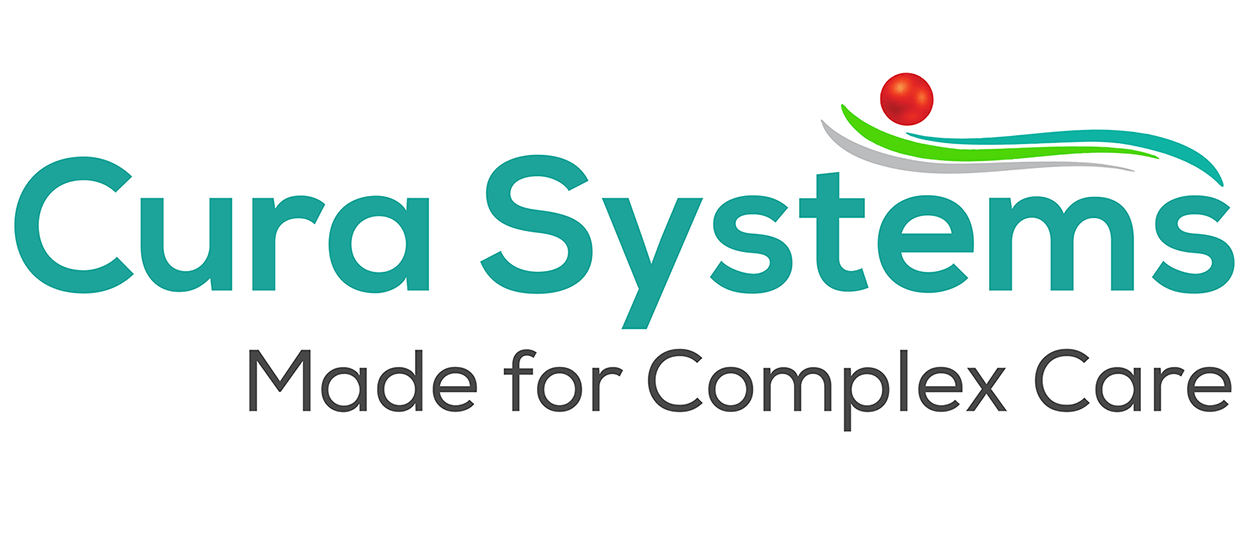Putting care back into care homes
An outstanding care home must be caring, one of the CQC’s five key lines of enquiry. In the third of our new series, we look at how care home owners and key decision makers can ensure they meet the CQC’s criteria.
In the best care homes, all staff involve and treat their residents with compassion, kindness, dignity and respect. It should not need saying but these qualities must be at the centre of all care and in all residential and nursing homes.
The Care Quality Commission (CQC), the body responsible for ensuring the highest standards of care, asks five key questions when it monitors services to help focus on the things that matter to people.
The fourth question is absolutely critical: are staff caring?
All homes set out to do the best for residents and to create a caring environment. Sometimes, in a busy environment, maintaining the highest standards all the time can be a challenge. Understanding the CQC’s line of enquiry can help to ensure that these standards are maintained or exceeded.
KLOE Caring
The CQC expects staff to treat people with kindness and compassion in their day-to-day care and support. Evidencing of care is critical. The CQC will look for evidence that people, and those close to them, feel they matter. This means that staff listen to them and talk to them appropriately, in a way they can understand. To do this, staff need to know the people they are caring for, including their preferences and personal histories. In a good home, staff show concern for people’s wellbeing in a caring and meaningful way, and respond to their needs promptly. Compassionate, respectful and empathetic behaviour is understood and promoted within the staff team.
The service should support residents to express their views and be actively involved in making decisions about their care, support and treatment as far as possible. Staff recognise when residents need and want support from their carers, advocates or representatives to help them understand and be involved in their care, treatment and support. Staff give information to residents, their families and other carers about external bodies, community organisations and advocacy services that can provide independent support and advice, answer questions about their care, treatment and support, and, where necessary, advocate for them. Relatives and friends should feel welcome and able to visit without being unnecessarily restricted.
Respecting and promoting people’s privacy, dignity and independence is essential, including during physical and intimate care. Staff should respond in a compassionate and timely way when residents experience physical pain, discomfort or emotional distress. Information about them should be treated confidentially in a way that complies with the Data Protection Act.
The service must make sure that young adults have choice and flexibility about their privacy and the amount of parental involvement in managing their care and support after moving into adult services.
Cura means care, and we are committed to supporting owners and managers to deliver outstanding care. We help care homes with the most demanding needs to deliver better quality outcomes by automating more daily tasks for management and caregivers than any other care home software. When it comes to caring, our care home management systems support staff with the information they need about residents and help managers foster a positive, caring environment.
Our electronic care planning record and mobile care applications support care home managers to meet and exceed CQC standards. Our comprehensive care home systems deliver real benefits to everyone connected to the home.
- We hope you enjoyed this article. Look out for further articles here on what makes an outstanding care home as recognised by the CQC.


